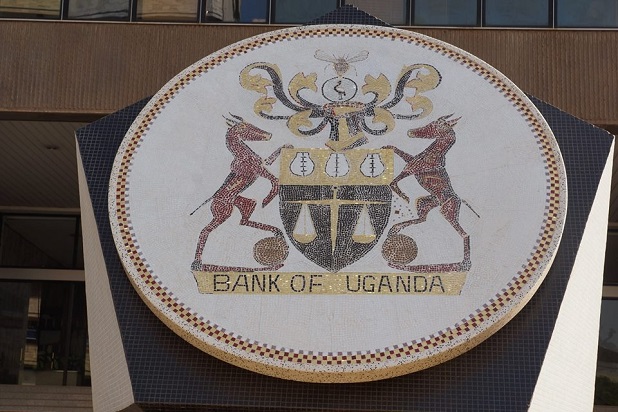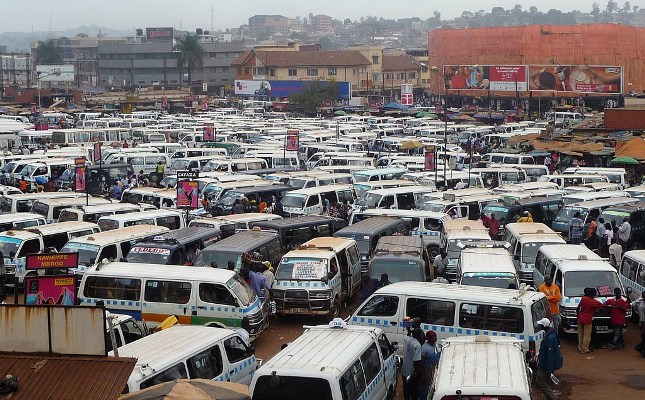The growth of Uganda’s economy in the short term is threatened by the effects of the COVID-19 pandemic, the hovering threat of the desert locusts in the region, as well as uncertain weather conditions.
The Bank of Uganda expects the economy to grow by at least 3 per cent in 2021, 6 per cent in 2022 and thereafter, it could grow by up to 10 per cent per year. These growth forecasts are based on the Final Investment Decisions on the oil and gas sector which are expected this month, the successful roll out of the COVID-19 vaccines and the revival in the global tourist activities.
Experts, however, point at both domestic and external factors which include the failure by Uganda’s trade partners mainly in Europe, to stabilize their economies. But some of the countries, which are the main markets for Uganda’s exports have re-introduced lockdowns for the third time as new cases of the disease rise again.
This means reduced demand for commodities, disruptions in cargo transport and the inability of people to move out of countries, which is stifling the growth of tourism. The middle east has recently become a major export destination and in January, it accounted for half of Uganda’s export earnings, followed by the East African Community with a fifth of the earnings, according to the Bank of Uganda statistics. The European Union followed with 12.2 per cent.

Anne Juuko, the Chief Executive Officer of Stanbic Bank Uganda says that the two most important issues will be how Uganda manages to avoid a second wave of the pandemic and if the Final Investment Decision is made.
Foreign investments, the main source of growth in the year before 2020, were heavily affected by the pandemic, as investors abruptly withdrew and left the country. This came when the country was still battling the effects of heavy rains like floods and rising lake water levels, as well as the threat of the desert locusts to the agriculture sector.
While the swarms were reported in 24 districts, there was not much effect on agricultural production. However, earlier this month, experts from the desert locust control organization of East Africa together with the Food and Agricultural Organization (FAO) warned of a possible invasion of the locusts.
They warned that there are several swarms heading towards Uganda from Kenya, prompting Uganda to go on alert. Juuko says the threat remains for as long as the locusts are still in neighbouring countries.
The threats to the economy will also mean suppressed employment persisting as indicators still show that more companies are laying off workers and this will further affect growth. This is resulting from the slow recovery of economic activities, with some companies restructuring which others either closed or reduced their activities.
The financial sector however expressed relief that the climax of the election period, which had also been listed as a threat to the economy, passed without much impact. Inflation remained within the targeted levels of 3 to 5 per cent, while the foreign exchange market also remained largely stable.
Juuko attributes this to the monetary policies at the Bank of Uganda, saying that the regulator did their best amidst local and global economic uncertainties. However, she says they will be watching how the government manages its budget especially as the Uganda Revenue Authority is already reporting collection deficits in trillions of shillings.
-URN





